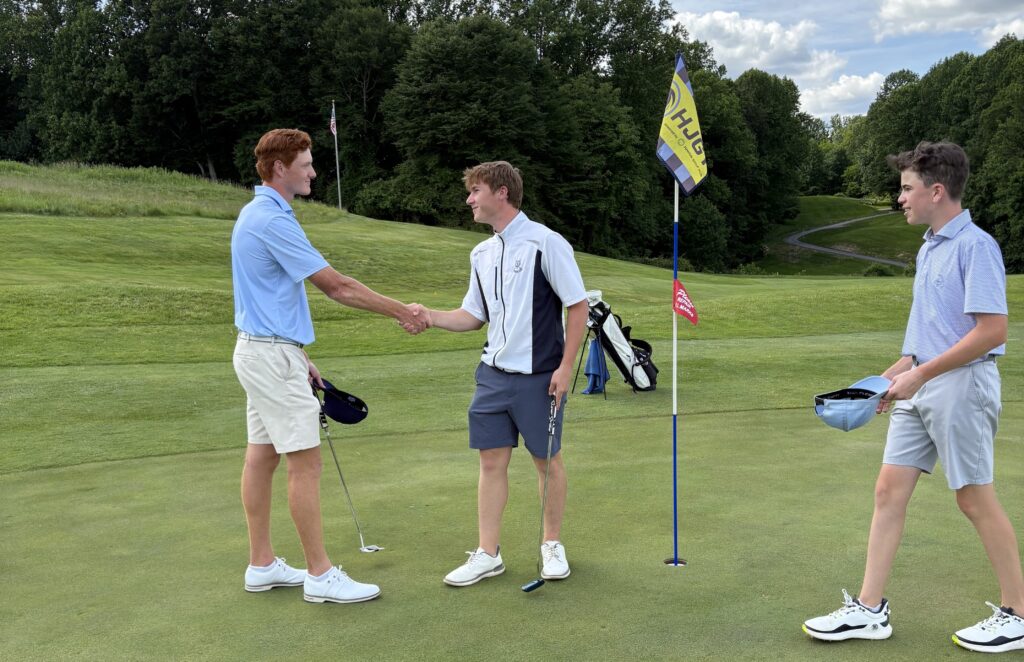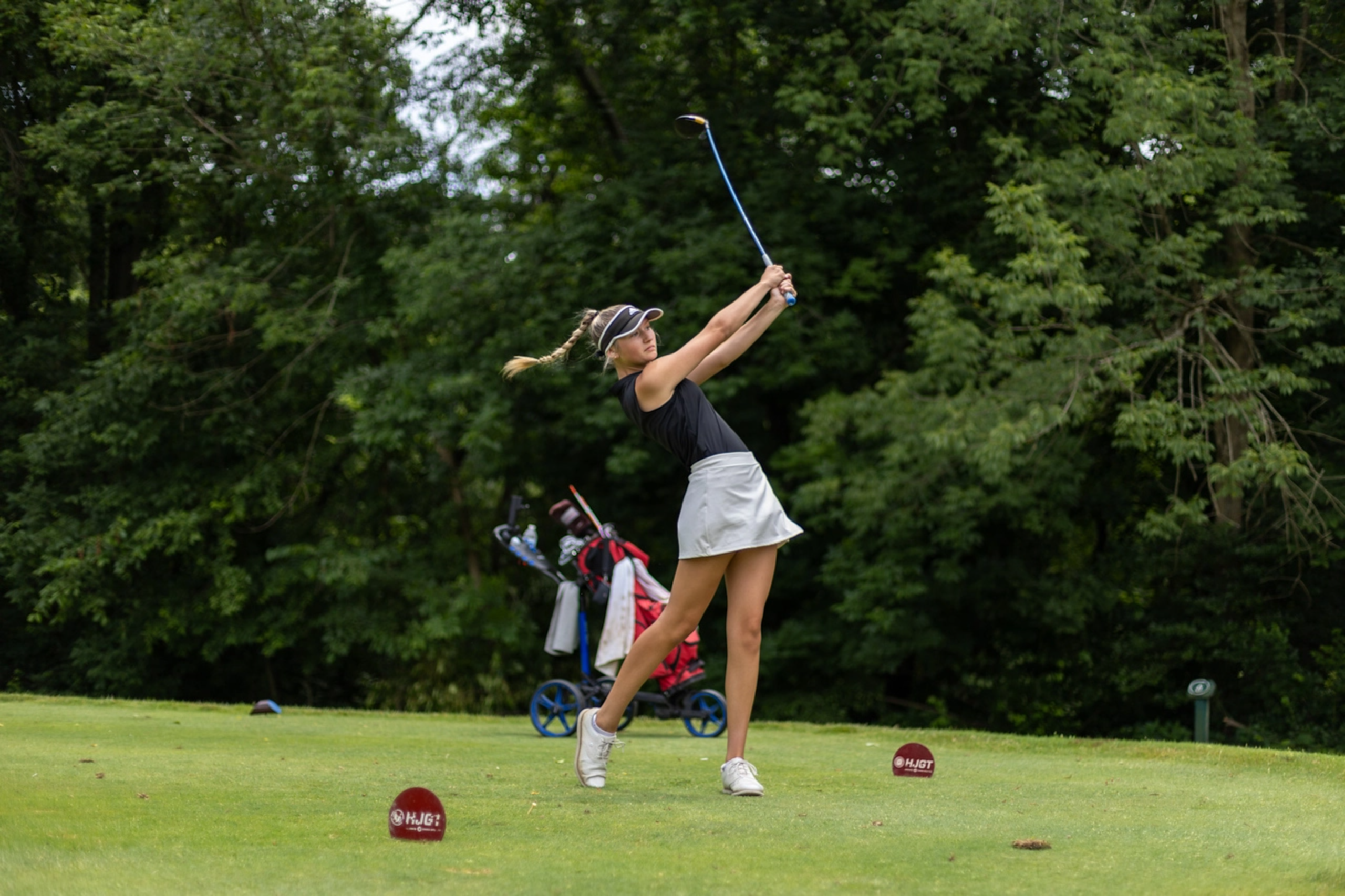By Rex Grayner, SVP of Business Development, Hurricane Junior Golf Tour

Golf is a game of tradition. A game that expects the player to be more than just talented. It expects you to be respectful, honest, and aware of the privilege it is to play.
At the Hurricane Junior Golf Tour, we host thousands of competitive rounds each season. And while most of our players are terrific examples of what junior golf is all about, we also hear the feedback from players, parents, and staff about the etiquette issues that come up too often.
This article isn’t about finger-pointing. It’s about helping our junior golfers grow into complete competitors, on the scorecard, and beyond it.
The Privilege to Compete
Let’s start with something we don’t say enough: it’s a privilege to play this game.
To walk fairways at private clubs. To tee it up in competitive events. To have access to tournament staff, rules officials, brand partners, and college exposure. These things don’t come standard in every sport.
But in junior golf, they’re part of the experience.
One parent recently shared with me, “We remind our son before every event: you don’t have to play this weekend. You get to.”
That kind of mindset matters. It sets the tone before the first tee shot is ever hit.
Where Etiquette Slips (According to Our Players)
When we ask our junior golfers which etiquette habits are most often ignored, the responses are consistent:
- Walking in someone’s line on the green.
- Talking or moving while another player is hitting.
- Slamming clubs or tossing gear after a bad shot.
- Leaving a bunker unraked or a divot unreplaced.
- Failing to help a fellow competitor look for a lost ball.
“When someone throws a tantrum or doesn’t rake the bunker, it changes the vibe for the whole group. It’s hard to enjoy the round,” one player told us.
What Parents Notice from the Gallery
Parents are watching, too. Not just their own kids, but everyone in the group. And they’re noticing more than you think.
I’ve heard moms and dads say, “We don’t care what they shoot. We care how they act.”
Whether it’s a quiet “thank you” to the scorer or a respectful handshake after a tough round, those moments make an impression. On other parents. On our staff. And especially on college coaches.
Rules Knowledge: A Responsibility, Not an Option
Etiquette is one thing. Understanding the Rules of Golf is another (and just as important).
Every season, we see the same avoidable mistakes: improper drops, scoring mix-ups, unreported penalties. Not because kids are trying to cheat, but because they don’t know better. And that’s on us to help fix.
Here’s how juniors can improve:
- Ask questions. Our tournament staff is there to help.
- Watch videos from the USGA made specifically for junior golfers.
- Treat rules knowledge like part of your practice routine. Review situations and test yourself.
Coaches notice players who know the rules. They see it as a sign of maturity and preparation, two things that matter a lot more than swing speed alone.
The Unwritten Rules (That Make All the Difference)
Every sport has its unspoken guidelines. In golf, those unwritten rules are often the glue that holds a good experience together.
- Introduce yourself on the first tee.
- Stand still when someone else is hitting, even if it’s not “your shot.”
- Don’t celebrate another player’s mistake.
- Leave the course in better shape than you found it.
- Thank your playing partners, your scorer, and the staff every round.
None of this is printed on a rules sheet. But it’s noticed. And it builds a reputation that follows you.
What Etiquette Really Teaches
Golf etiquette is about more than being polite. It teaches discipline, self-awareness, and empathy.
It shows college coaches that you’re coachable. It shows fellow players that you’re someone they’d want to tee it up with again. It builds trust with parents and staff.
Final Thought: Honor the Game, and It Will Honor You Back
Golf has a long memory. And so do the people around you.
How you act between shots matters. What you say after a tough round matters. How you treat others on the course, especially when things aren’t going your way, matters.
Our hope at the HJGT is that every player leaves each event not just a better competitor, but a better ambassador of the game. That starts with etiquette. It continues with rules knowledge. And it’s rooted in a deep appreciation for the opportunity to compete.
So the next time you tee it up, remember, you’re not just playing golf.
You’re carrying on a tradition.




